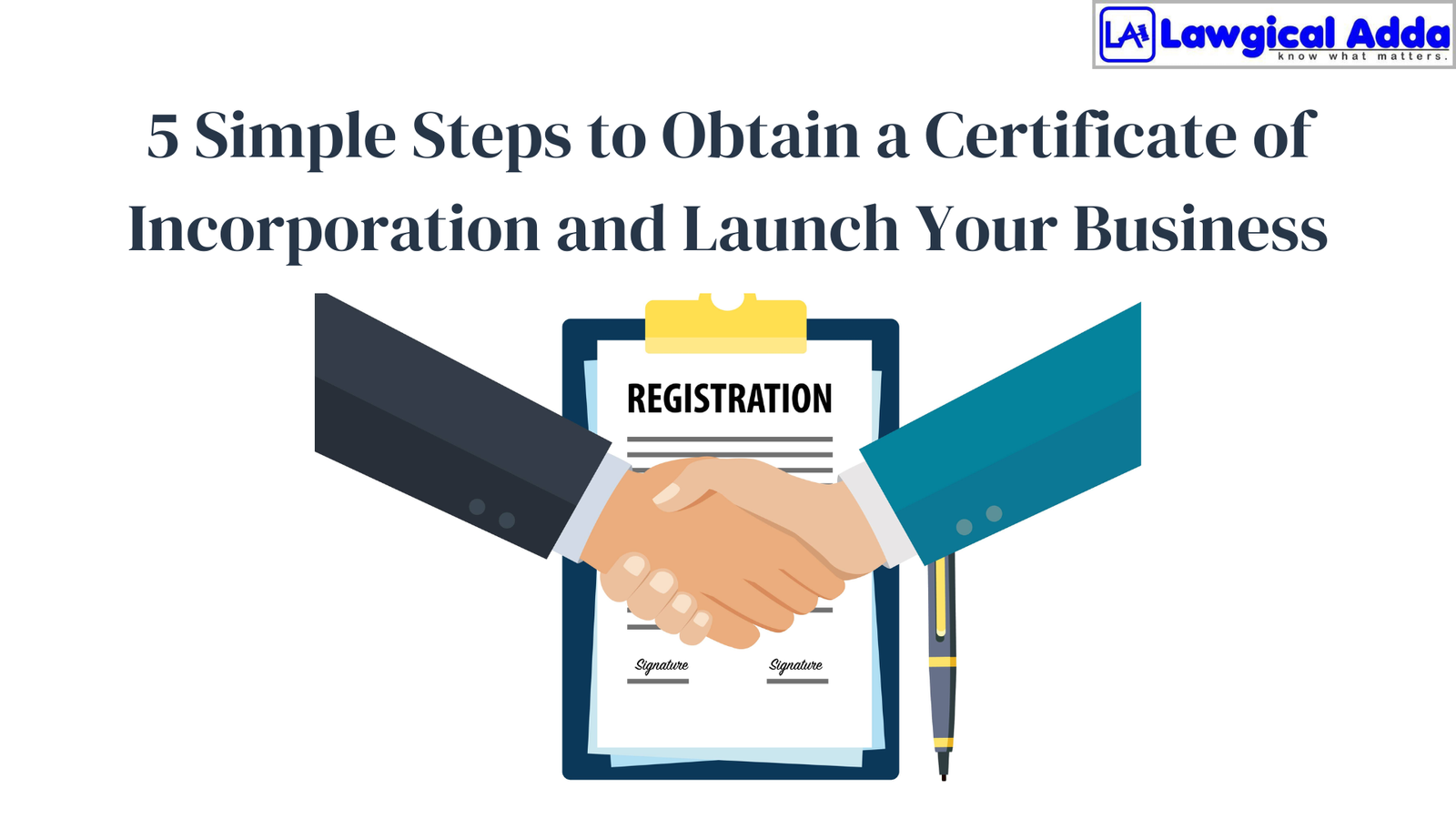Transforming Loans into Equity: A Business Guide

Table of Contents
Introduction
A company may take out loans from its directors, their families, or other businesses for various purposes, such as expanding its current facilities or meeting working capital requirements. In addition, the company agrees to repay the debt according to the terms set forth by the lender and must do so within the allotted time frame.
Definition and Meaning of Associated Terms
It’s best to comprehend the significant terminology related to this process before delving deeper into the legal framework of the loan conversion into equity; the following three terms are defined in detail:
Loan
A loan is money that a firm or business borrows from a person, organization, or other source. It is given with the condition that the loan amount be repaid, plus interest, within the allotted period.
Equity
Equity, on the other hand, stands for ownership of a business. It is frequently awarded in the form of stock or shares.
The legal process of turning a loan into equity is called conversion. It makes it possible for a creditor to acquire stock in the business.
The process of Loan to Equity Conversion
In the process of conversion of loan into equity a corporation must call a board meeting and provide appropriate notice seven days in advance when taking out a loan that will eventually be converted into stock. For the loan to be accepted and turned into equity, the group must approve a resolution.
Requirements should be fulfilled to turn a loan into equity:
- The corporation must call a second board meeting and give seven days’ notice to enact a resolution authorizing the conversion of a loan into equity.
- Board resolutions must be filed using Form MGT-14, and returns of allocations must be filed using Form PAS-3 within 30 days of the resolution’s passing.
How does the conversion of loan into equity impact a business?
A corporation that converts a loan into equity benefits from not having to trade cash during the debt-to-equity swap, which also helps the company’s balance sheet by decreasing debt and raising shareholder capital.
What impact does the loan to equity conversion have on investors?
However, the risks associated with investing rise for an investor. This is because dividend payments and share price growth are contingent on the company’s performance. In contrast, debentures offer regular interest at a fixed rate and principle payment at a fixed date.
Implications Following Loan to Equity Conversion
A corporation must be aware of the following financial and operational ramifications when loans are converted to equity:
- Balance Sheet Improvement: The debt-to-equity ratio improves, and the company’s financial risk is reduced when a loan is converted into equity, resulting in a drop in the liability area of the balance sheet.
- Possible Dilution of Current Shareholders: When loans are converted into equity, new shares are issued, potentially diluting the current shareholders’ percentage of shares. It may have an impact on voting rights as well as dividend distribution.
- Increased Compliance: To adhere to corporate governance standards, there may be an increase in reporting and disclosure requirements due to the entry of a new class of shareholders.
- Tax Repercussions: Converting loans into equity may have several tax repercussions. For example, this conversion can result in a taxable event depending on the jurisdiction. Speak with a financial specialist to learn more about the conversion procedure and other relevant topics.
- Shifts in Control and Decision-Making: The company’s decision-making process and, ultimately, the company’s entire direction may be affected if the lender, who is now a shareholder, holds most of the company’s shares.
- Enhanced Investor Confidence: By increasing a company’s attractiveness to potential investors, a balanced sheet demonstrating sound financial management and a lower level of financial risk can enhance investor confidence.
We can provide the same assistance if you’re seeking compliance support. Lawgical Adda’s solution provides end-to-end management of corporate governance and secretarial compliances, encompassing every phase of the entity life cycle. Don’t hesitate to get in touch with us if you want more information on the compliance standards and to outsource them to us.
Focus on what you do the best! Let Lawgical Adda handle the rest. Choose our services for easy winding-up, restructuring and surrendering documents. Contact us today!






